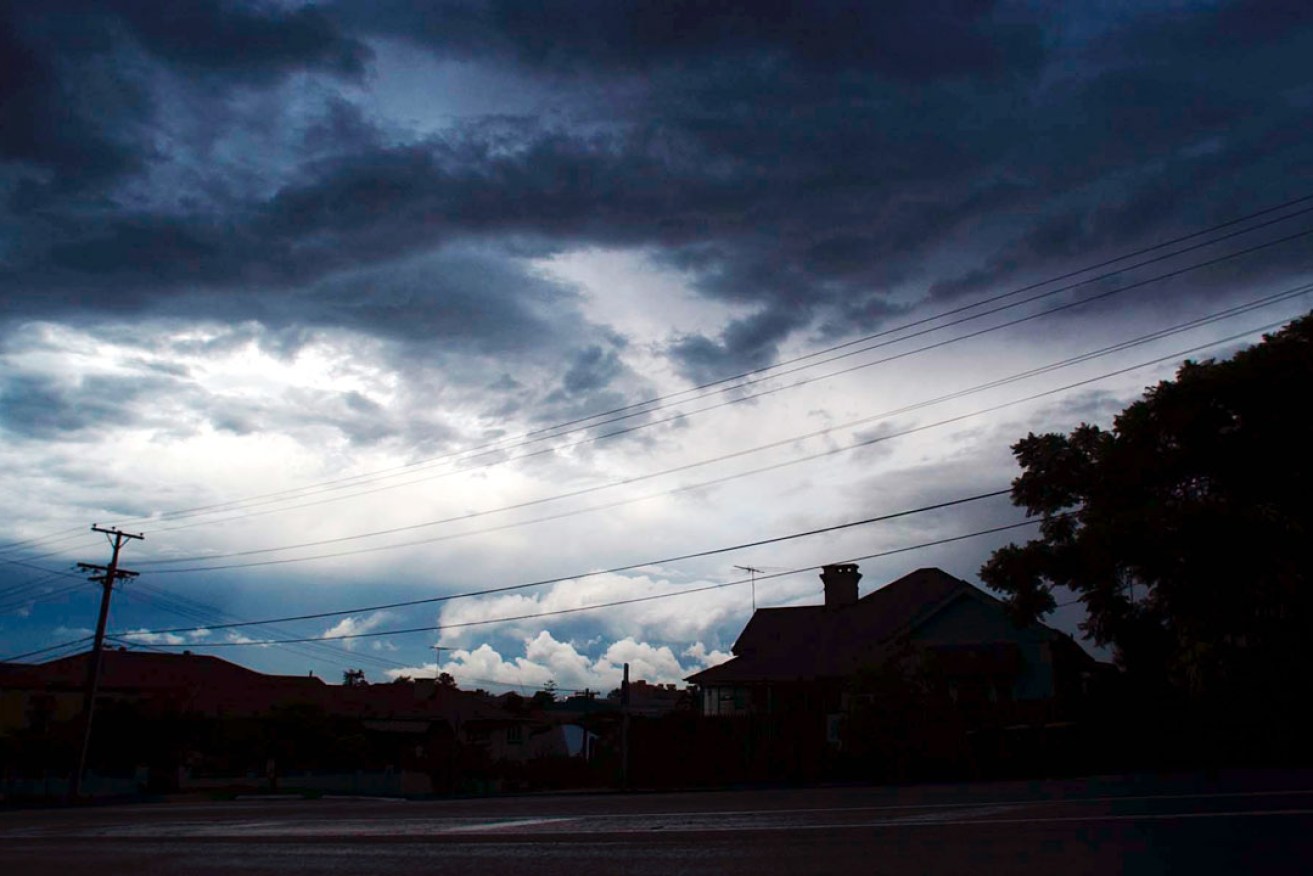Fractured election result might be our final wake-up call
The outcome of the election could be a much-needed wake-up call for major parties that voters want less rhetoric, self-interest and vote spinning, and more attention given to real decision-making, writes Andrea Michaels.


The economic storm is coming and politicians can't afford to ignore it. Photo: AAP
Eight weeks of political campaigning has exhausted the public and contributed to a growing sense of cynicism. And what’s the result after all the fear-mongering, meaningless spin and hurried promises?
Around 20 to 25 per cent of Australian voters have now sided with minor parties or independents, including the likes of Pauline Hanson and Derryn Hinch, which is the highest level ever recorded.
News Limited called the result a definitive “up yours” to both the Coalition and Labor, which have failed to address the real issues of concern. But there are also other factors at play, including the end of the mining boom, uncertainty and fear caused by unsettling world events, a high cost of living, and continuing indecisive leadership.
The end game always seems to be getting voted in, but there’s little thought given to the hardest task of all: turning talk into action.
Certainly, the slim majority the Coalition now has in the Lower House and the mess of the Senate won’t make economic reform any easier. Not that anyone has really attempted that task yet. Despite five prime ministers in five years claiming they would take a serious shot at it, we haven’t progressed very far.
Make no mistake, we’ve got some very significant economic problems emerging and someone needs to get serious about this quickly.
Politicians need to listen more to the concerns we all have about key issues that affect us, including health and education, but they can’t do this while ignoring the economic storm that’s coming. Australia is facing a growing deficit, an eroding business environment, still rising property prices in some states, threats of global recession and even, as some predict, loss of our AAA credit rating.
In short, all that adds up to a falling standard of living and less job creation.
And with eight out of every 10 jobs in Australia provided by private business, it’s no use knocking the big end of town when it calls for tax reform, because this ultimately affects everyone.
It’s hard to believe that when facing such serious economic weather, some still have their heads in the sand. In the lead-up to the election, experts tried to claim Australia wasn’t really in bad shape and things were pretty good, really – especially when you compared us to Europe and the UK. Really? That’s hardly a comforting comparison at the moment.
A growing deficit of $37.1 billion is a problem we can’t afford to ignore. In fact, the Committee for Economic Development said earlier this year the deficit was the “gravest problem facing the Australian economy”.
Of course, just telling people we need to “live within our means” won’t help, either. Let’s face it, if you need to pay off debt you have to find the money to do that from somewhere and the only way to generate that kind of revenue is via the unpopular task increasing taxation, and/or reducing tax concessions in a major way, and cutting spending.
But it seems biting the bullet is too hard for our politicians. At one point some workable options were being tossed around: raising the GST, tackling negative gearing (which is making it harder and harder for young people to buy a house), addressing superannuation tax, and reducing private health insurance rebates. But along the way most of these dropped off.
Now we’re left with demands for more health spending, pressures to deliver on the Nation Disability Insurance Scheme and education, and a looming pension payout with a massive number of baby boomers approaching retirement. Yet no party has been able to articulate exactly where that kind of money will come from and how our debt is really going to be paid down.
The kind of decisive policy-making that we desperately need to transform Australia has eluded both major parties. It’s a task that calls for the leadership skills shown by politicians of old – such as Hawke, Keating and Howard. They might not have been popular with everyone, but they firmly took their own parties and voters on a very deliberate journey toward economic reform.
At least we knew we were going somewhere, even if we didn’t agree with the mode of transport.
Leadership like that that took guts, conviction and courage. Perhaps now we might finally see someone finally deliver it. It would be about time.
Andrea Michaels is a tax law specialist and the managing director of Adelaide firm NDA Law.




